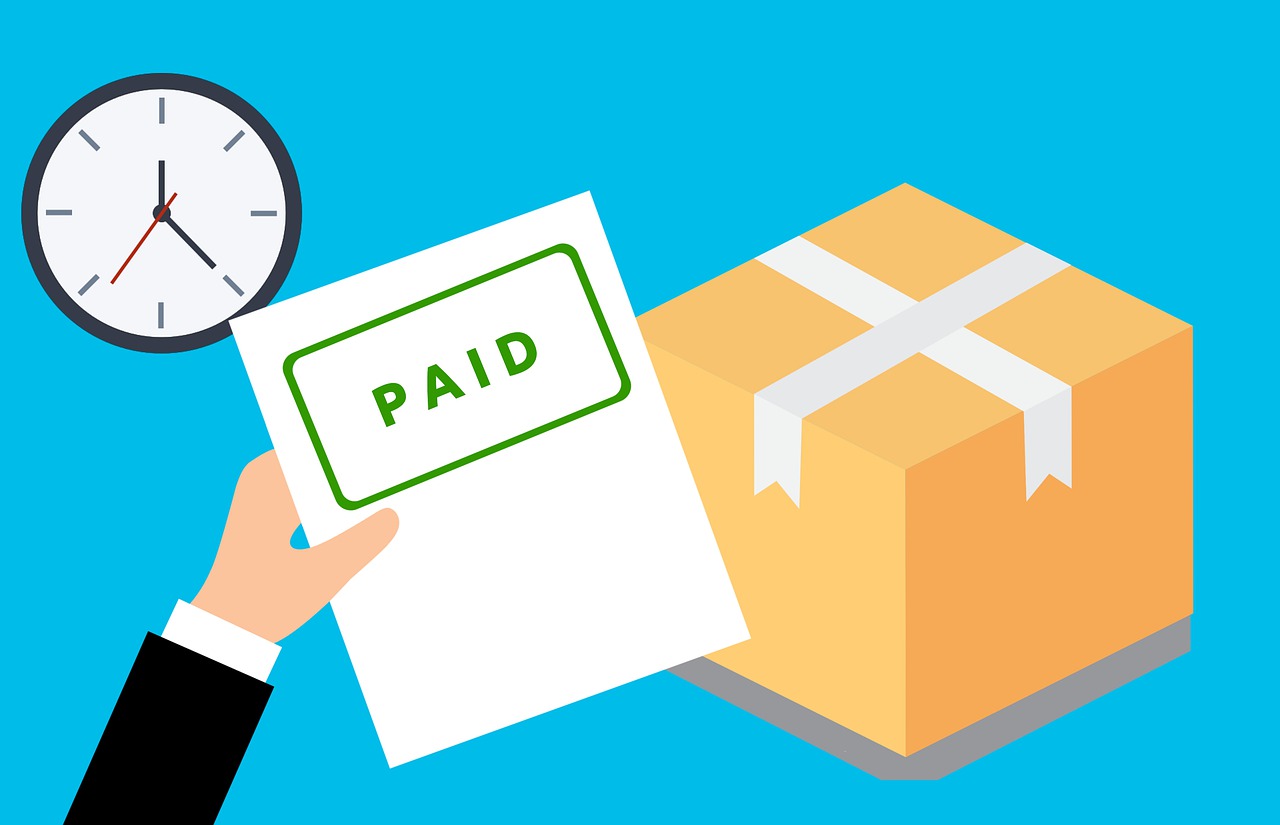According to a new survey by Capital on Tap, only 1% of small businesses in the UK have never had to deal with an overdue invoice. Late payments can have a big effect on cash flow and resources, but what is the true impact of unpaid invoices?
To find out, the survey has asked over 250 small business owners about how often they have to chase unpaid invoices, how much delayed income they are waiting to receive, and also which industries they find to be the worst culprits when it comes to late payments. The UK Managing Director at Capital on Tap has also provided some top tips for how to successfully chase overdue invoices.
The full research can be found here: https://www.capitalontap.com/en/blog/posts/unpaid-invoices/
Small businesses in the UK are currently waiting for an average of £7.4 billion in unpaid invoices
The financial impact of late payments can be huge, and, on average, businesses in the UK are currently waiting on £7.4 billion in overdue invoices. However, the study has revealed that the impact of unpaid invoices varies significantly across different industries.
Retailers are currently being affected the most, with businesses in this industry facing around £1,532 worth of unpaid invoices. In second place are those in the electrical services sector, with businesses waiting for £1,501, on average. Businesses in the industrial equipment sector have come in third, with owners suggesting around £1,451 are wrapped up in unpaid invoices.
Small businesses in the property management and development sector are seeing the least financial impact, at £1,032 — though this is still a significant amount.
|
Rank |
Industry |
Amount of money business owners are waiting on due to unpaid invoices |
|
1 |
Retailers (except food & drug) |
£1,532 |
|
2 |
Electrical Services |
£1,501 |
|
3 |
Industrial equipment: Nonferrous metals/minerals |
£1,451 |
|
4 |
Health care |
£1,448 |
|
5 |
Containers & glass products |
£1,426 |
On average, small businesses in the UK have to chase overdue invoices twice a week
According to those surveyed, businesses in the UK are spending an average of eight times per month chasing unpaid invoices. When it comes to different industries, the education sector spends the most time chasing overdue invoices, with businesses having to follow up on late payments around 11 times every month.
In second place is the home furnishing industry, with business owners saying they chase delayed payments 10 times a month, on average. In joint third place are those in the healthcare, electrical services, and consulting sectors, with companies in these industries having to chase unpaid invoices around nine times per month.
In terms of who is least likely to be impacted, those in the restaurant and food industry are having to follow up just four times per month.
|
Rank |
Industry |
No. of times business owners chase unpaid invoices per month |
|
1 |
Education |
11 |
|
2 |
Home furnishings |
10 |
|
=3 |
Health care |
9 |
|
=3 |
Electrical Services |
9 |
|
=3 |
Consulting |
9 |
|
=4 |
Retailers (except food & drug) |
8 |
|
=4 |
Leisure Goods & Services |
8 |
Finance providers (52%) and those in the building and development sector (51%) are the least likely to pay invoices on time
Finance providers are the worst culprits when it comes to delayed payments, with over half (51%) of all invoices being paid late by businesses in the industry. Following closely behind are those in the building and development (51%) and equipment leasing (50%) industries.
When it comes to who is the best at paying invoices on time, businesses in the publishing industry and the food retail sector both take the crown, though two-fifths (41%) of invoices are still paid late by those in these industries.
On how to chase unpaid invoices the UK Managing Director at Capital on Tap says,
“Dealing with late payments can be stressful, and asking for money from a customer can also be a little uncomfortable. There are a few simple steps you can take though, to try and successfully resolve the problem.
“It’s not rude to chase your invoices. In the first instance of a late payment, send your customer an email to check if there’s been a problem with processing, remind them it’s overdue, and ask when you can expect to be paid. If this doesn’t work, then give them a call. It’s harder for a customer to ignore you on the phone.
“If the problem persists however, you’ll need to escalate the issue. Warn them that you might stop supply if they don’t pay, and if you have a late-fee or interest rate in your payment terms, then explain that this will be added to their bill. The next step would then be to seek professional advice, whether that’s from the likes of local business advice hubs, trade unions, or an accountant or solicitor.
“Don’t forget, as a business owner yourself, it’s also really important to make sure you’re also paying your invoices on time. If you do find that you’re struggling with cash flow because of late payments, taking out a business credit card can be a really helpful tool to tide you over.”
To find out more information please visit the following link: https://www.capitalontap.com/en/blog/posts/unpaid-invoices/

